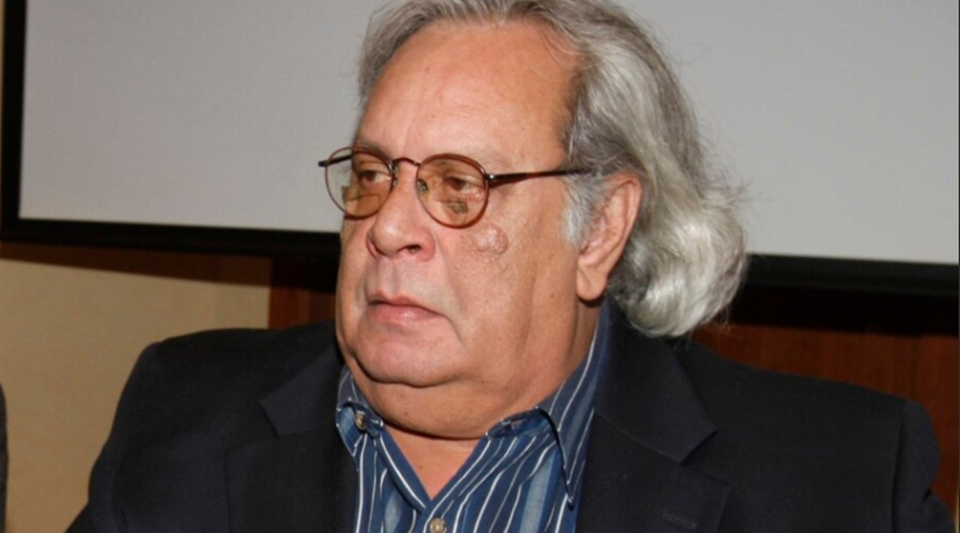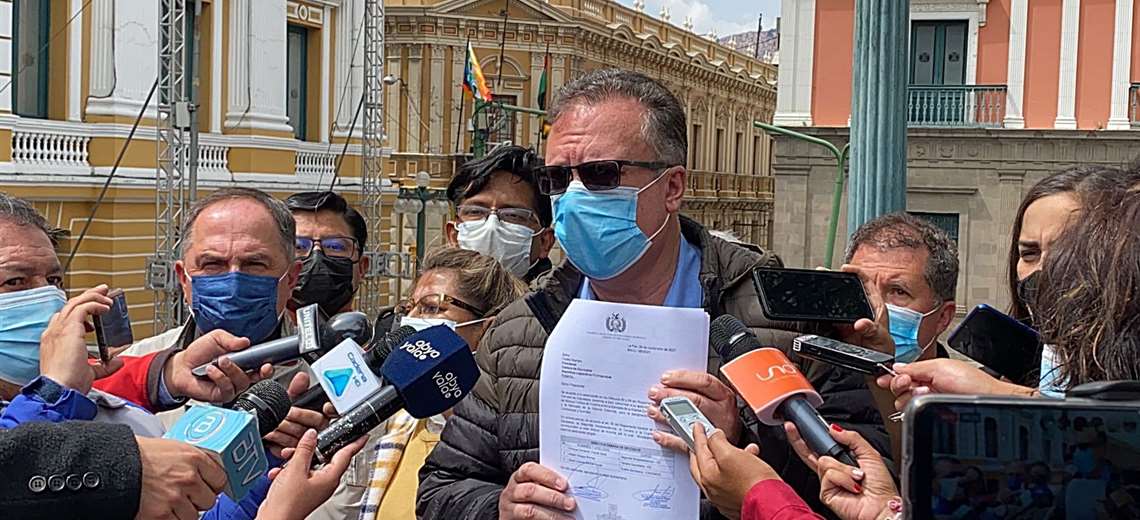The poet, independent journalist and Cuban oppositionist Raúl Rivero, 75, died at 9:15 in the morning this Saturday in the city of Miami due to cardiorespiratory problems, he reported to 14ymedio his wife Blanca Reyes. For years he had suffered from pulmonary emphysema that was getting complicated.
“In recent months he was going in and out of hospitals because his emphysema was getting worse, he didn’t want to tell it but it was fading,” Reyes warns. “He was never able to physically recover from all the damage that the Cuban regime did him,” explains the widow, referring to the time he spent in prison after being imprisoned during the Black Spring of 2003 and sentenced to 20 years.
Rivero also suffered repressive acts and was forced into exile in Spain in April 2005 along with part of his family. International pressure and the journalist’s health problems influenced him to leave the island.
“He never adapted to living outside of Cuba, fell into a depression and never recovered,” Blanca Reyes told this newspaper. At the time of death, the poet was at Baptist Hospital in Kendall.
Rivero also suffered repressive acts and was forced into exile in Spain in April 2005 along with part of his family.
He was born on November 23, 1945, in Morón, at that time belonging to the old province of Camagüey. During his life he published several books of poetry and worked in various Cuban and international media, including The world from Spain and was the founder of Cuban newspaper.
He was one of the founders of the magazine The Bearded Cayman in 1966 and also worked as a correspondent for Prensa Latina in Moscow between 1973 and 1976.
Since 1989, he began to distance himself from the ruling party when he resigned his membership in the Union of Writers and Artists of Cuba and, in 1991, he was one of the signatories of the Letter to Intellectuals, which asked Fidel Castro to free the prisoners of conscience. That same year he resigned to practice in the official media because he considered it a “fiction about a country that does not exist.”
In 1995 he founded the independent news agency Cuba Press and in 2001 he participated in the creation of the first association of journalists in Cuba, also independent. He is considered one of the best Cuban poets of his generation and in 2003 he was awarded the Unesco World Prize for freedom of expression.
His wife Blanca Reyes was part of the founding group of the Ladies in White that demanded the immediate release of political prisoners, especially those arrested during the Black Spring.
Costa Rican journalist José Meléndez, who was a Havana correspondent for the Mexican newspaper Excelsior, count to 14ymedio that in the first half of 2000, when he had been in Cuba for several years, Rivero visited him with his wife at the house where he lived in El Vedado. “In the course of our intense conversation the word internet came up. He told me that he had never seen the internet, that he had no idea what that was. Of course I immediately invited him to my office right there in my house and I connected “, remembers Meléndez.
“The Cuban dictatorship tried to silence him in jail, but his poetry and his commitment only increased”
“At that time you had to wait for the remote noise to connect. There I showed him the wonder of the information highway. He was really surprised by the possibility of accessing without any censorship to the publications of international journalistic media that, for supposedly in 2000 as today, they are considered by the Cuban regime as diffusers of enemy propaganda. I remember that he said, words plus words less, that I wish all Cubans had free access to the internet one day. “
The president of the Community of Madrid, Isabel Díaz Ayuso, regretted at Rivero’s death her account of Twitter, whom he called a “brave Cuban and defender of freedom.”
“The Community awarded him the Tolerance Award 2005. The Cuban dictatorship tried to silence him in jail, but his poetry and commitment only increased. Viva Cuba Libre, “wrote Díaz Ayuso.
________________________
Collaborate with our work:
The team of 14ymedio He is committed to doing serious journalism that reflects the reality of deep Cuba. Thank you for joining us on this long road. We invite you to continue supporting us, but this time becoming a member of our journal. Together we can continue transforming journalism in Cuba.






